|
SEO (search engine optimisation), three little letters that strike fear into the heart of the business owner. They know they have to optimise their website for search engines, try to get up the page rankings on Google, stiff the competition in the battle for customers, but the process is shrouded in mystery and seems to be populated by expensive practitioners of the dark arts who promise the world for unfeasible sums. It doesn’t have to be like this! This Blog will show you some simple techniques that will provide long term benefits and introduce you to Google’s own concept specifically designed to help you achieve high level rankings. Just EAT It Let me introduce you to the concept of EAT. No, it’s not a food delivery service but stands for Expertise – Authority – Trust. You may not have come across it but Google have an SEO Starter Guide, and even though it doesn’t get updated as often as the famous Google algorithm there is one piece of advice from them that never changes, you should be: Optimizing your content for your users, not for search engines. Which is where the concept of EAT comes in. Any SEO expert should be telling you that writing great content will make more people want to link and share – if they’re not telling you this and continue to talk about keywords and nothing but keywords, you should think about changing your SEO expert! Keywords are the starting point not the end point as we’ll see in a moment. EAT then is a recent definition of what Google’s emphasis on editorial quality looks like. In practice it means things like reinforcing your content with evidence and references, providing author bios and pics, citing evidence of your expertise and using original research where possible. Incidentally there is also something called the Search Quality Evaluator Guidelines, mainly aimed at techies but non the less the October 2020 version mentions EAT 186 times within 175 pages, so it’s a big deal. Let’s break EAT down in a bit more detail. E is for Expertise In my role as a copywriter, creating content for other people’s businesses I come across a lot of experts, in fact I’m blown away by the in-depth knowledge that other people have and always try to convey their expertise when I create blog or website content for them. But that on its own isn’t enough. What we really need to be doing is creating expert content that we know our audience will love. Rather than creating content because we think it’s what our customers want – create expert content that we know they’re searching for. There’s an easy hack for this which can be done by ordinary business owners who are not SEO experts, it’s as simple as this: Find out what your audience is searching for – which begins with keyword research – then meet and exceed their needs. A digression into keyword searches for the unskilled A bit about simple keyword research. For example, if you were an a At Home Care Provider would you know what your potential new customers search for? It’s simple to type in a few phrases and see what Google spits out. When you type in your phrase, in this case “help with elderly care”, Google’s predictive text will also show you a list of other phrases people use (screenshot below). Then when you click on one of the search phrases, (I used ‘help with elderly care at home’) you’ll find a section mid-way down the list of search results called ‘People also ask’ – under this heading you’ll find other search queries around the same topic, (screenshot below). Because of the way that Google search works in seeking relevant text for an enquiry, if you click on the arrow at the side of each of these answer boxes, you’ll find specific information from a website that caters to that query (screenshot below, I looked at ‘How can elderly get help at home UK?’). Finally, if you scroll to the bottom of the page you’ll find a heading and a list: ‘Searches related to help with elderly care at home’ (screenshot below) You can find all this information regarding the questions people are asking about topics you or your business may be expert in just with one simple search – and while it may not be scientific it is easy, timely and realistic for any business owner to perform. So now you know what people are searching for you need to ask: Can I create expert content that better answers the questions people are searching for? Back to the Expertise bit of EAT If you’re a provider of elderly care at home, you can show your expertise with great content that answers the questions people search for by using carefully structured easily digestible text that will allow your reader to truly understand the subject by the end without making it heavy and laborious. Then when it’s written, don’t just publish immediately, sit back and consider what it says;
Read your text, then edit what you’ve written so it’s better than your first draft. Most writers will tell you that 60% of writing is editing! Remember too that Google doesn’t like sloppy grammar so remove grammatical errors and check your spelling and punctuation. You can also think about what else you’ve learned from search results and how that will inform the content that keeps your site alive with new updates, blogs, case studies etc. This supplementary content should grow over time and is where you can really start to express your expertise in multiple ways. Your website shouldn’t be static so this supplementary content both helps your customers and helps Google by proving your expertise. And to keep Google really happy you should optimise each piece with internal links and ensure articles can be easily accessed with good menu signposting. I’ll return to how to structure your writing in a later blog, but remember above all: It’s all about becoming the go-to source for information in your field A is for Authority It takes time so don’t expect to launch yourself up the search pages on day one, those days are gone, so persevere with expert content and then something amazing can happen: You Become An Authority! When other experts or key influencers in your market start citing you as a source of information, you’re striking gold. Equally if your name or company brand becomes synonymous with relevant topics, you’re more than an expert, you’re an authority. How do you know if this is happening? Here’s a short list to help you judge your authoritativeness:
You’re an Authority when other respected sources start quoting and linking to YOU! T is for Trustworthiness Now this is going to sound negative, but if you want to really sink your ratings on Google get yourself a load of poor reviews. Proven Trustworthiness is really important – expertise and authority can get you up the scale, but negative reviews will plunge you right back down again. Google notices negativity around a brand Negative sentiment around your business will see you suffer on Google, so you need to be meeting and exceeding customer expectations, so they leave positive reviews. But if you do receive negative feedback address it immediately – Google make it clear in their guidelines that poor reviews will have a negative effect. On the plus side positive reviews on trusted platforms such as Google My Business, Trustpilot, Tripadvisor, Facebook, Feefo, Yelp etc. will really help. Easy wins to show Google you’re Trustworthy There are some easy trust based wins you can implement on your website, that you should be doing for your customers in any case, but Google will also notice:
Review your site and check you’re doing the simple things that Google notices But does it work? If we look at the example used earlier with my elderly care enquiry, you’ll have seen that when we expanded the “How can elderly get help at home UK?” tab in the ‘People also ask’ section it was Help The Aged UK that was revealed. Why? Because they have followed the EAT principle, they can show they’re Experts, they’re Authoritative, often quoted and referenced and they are Trusted. Principal points to takeaway A lot of the actions recommended by Google using the EAT principle make sense to implement for your business in any event. Every business wants to be known for being experts in their field and building trust is essential if you want to gain repeat business. For Google expert, authoritative, trustworthy content is now important – they are not in the business of recommending pages with false information. Taking a holistic approach to SEO using EAT as a framework isn’t a recipe for instant success – but it should give you a plan for content marketing and makes sense if you want to be ranked by Google for the best search terms in your market. There are no quick wins in Google rankings anymore, but if you stick by EAT there is every reason why your pages should achieve high rankings over time, and more importantly stay high all the time. About the author Peter McConnell is a copywriter, blogger and content creator working with businesses to help them create content that helps them connect effectively with their customers.
0 Comments
Your comment will be posted after it is approved.
Leave a Reply. |
AuthorPeter McConnell is a copywriter, blogger and content creator working with businesses to help them create content that helps them connect effectively and consistently with their customers Archives
January 2021
Categories |
Proudly powered by Weebly

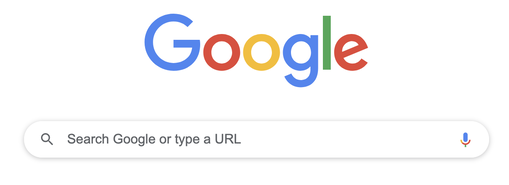
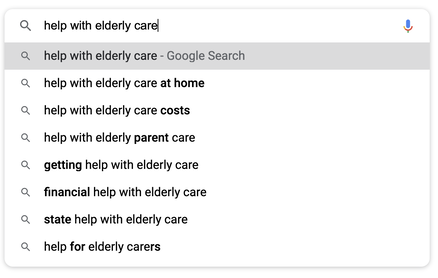
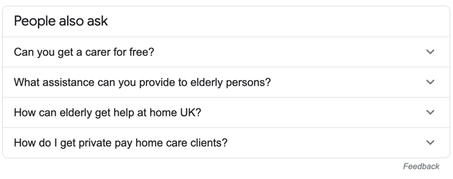
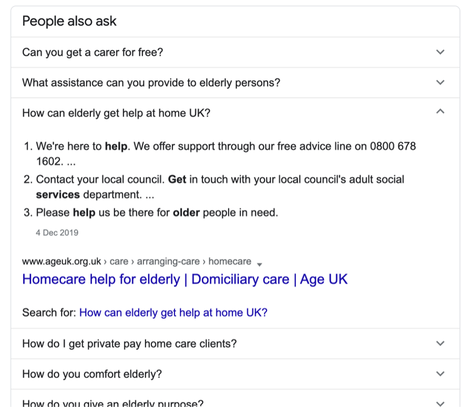
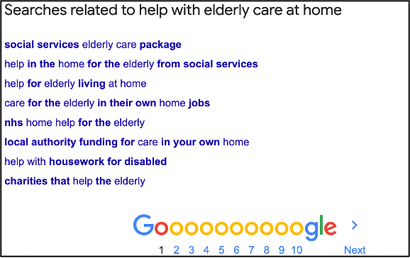
 RSS Feed
RSS Feed